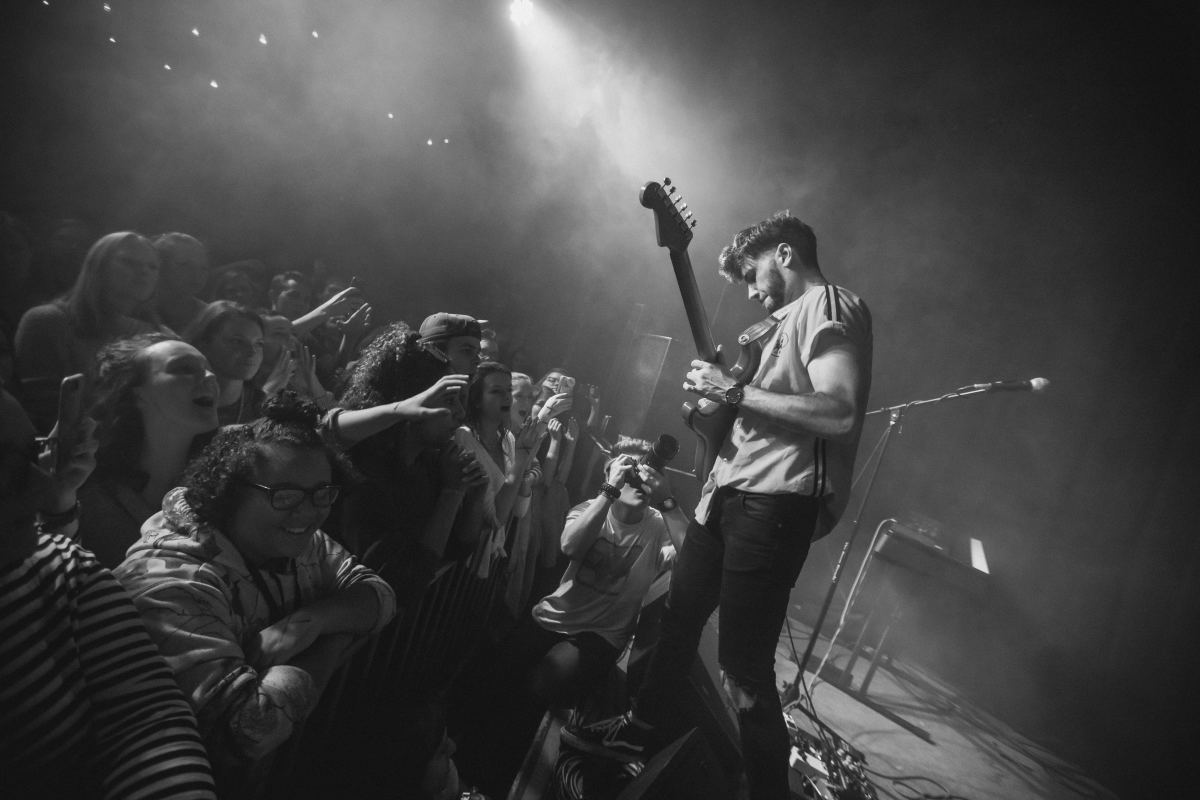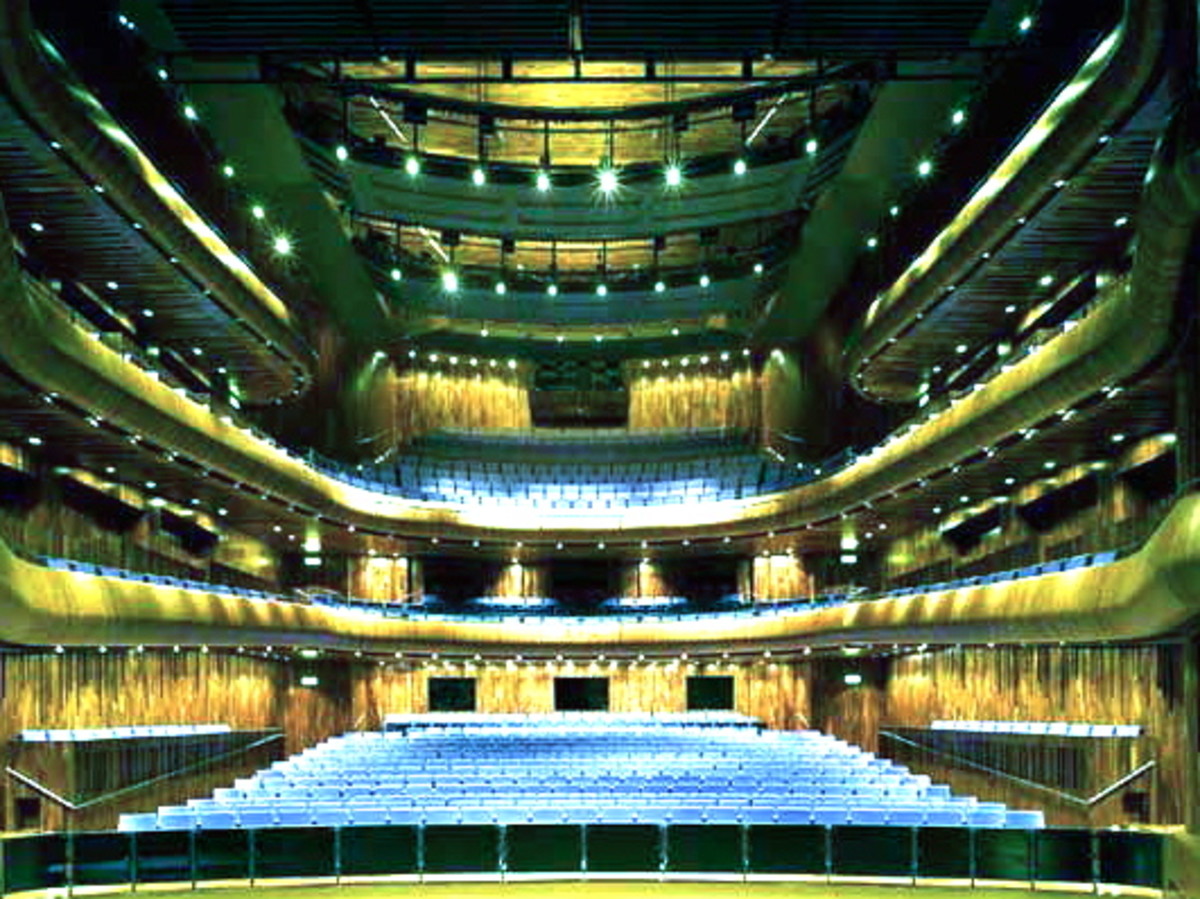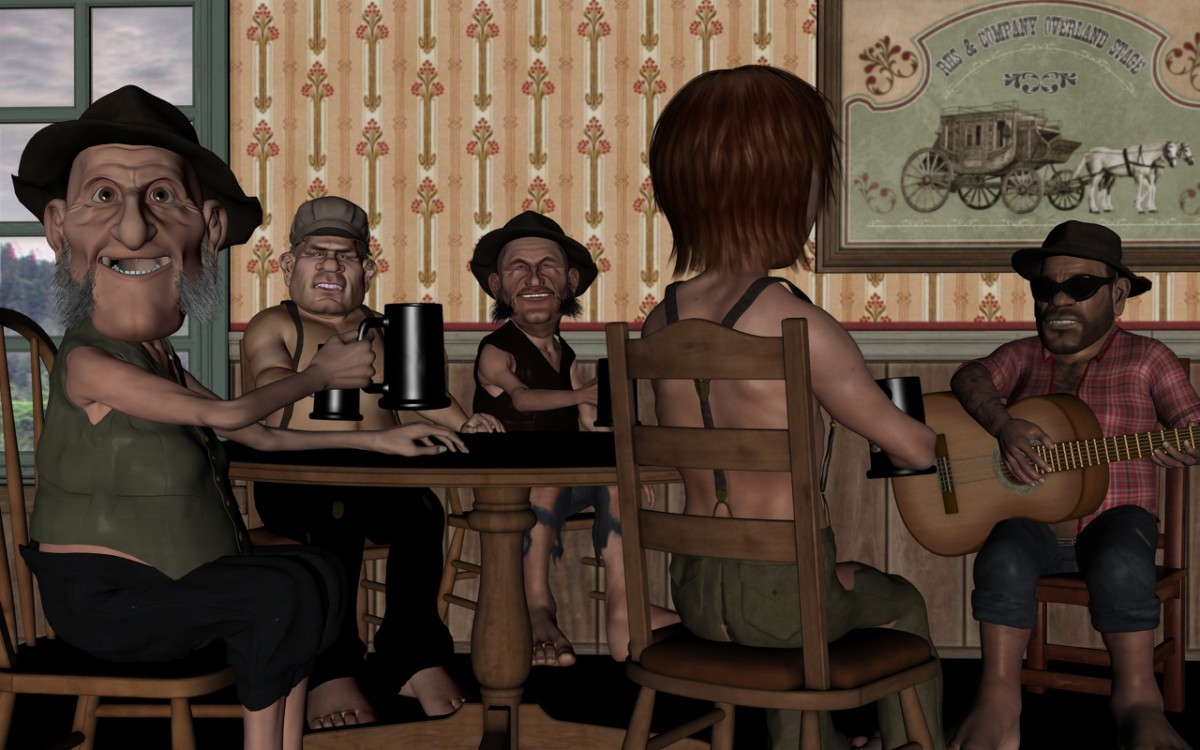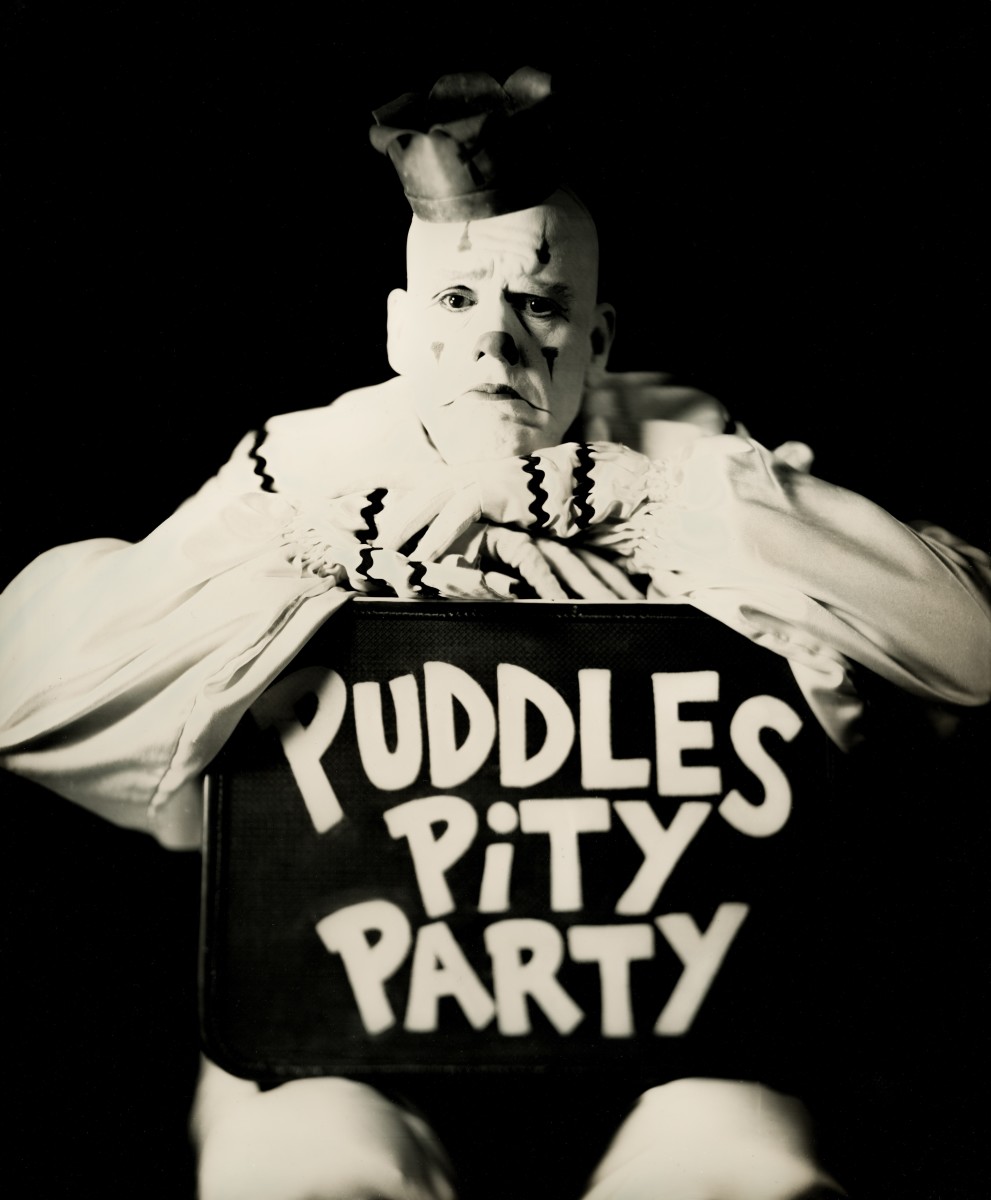The Art of Performance - Musings of an Opera Singer
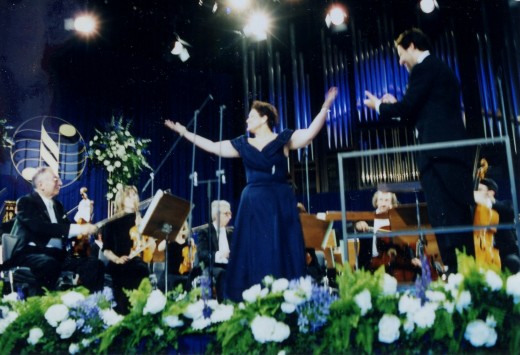
When I was 16 years old, I got the lead in my high school musical - Maria in West Side Story. I had never been in a musical but I had been on stage before as a wanna-be concert pianist. I knew what it meant to entertain but had no idea the impact performing in musical theatre would have on myself and my audience. After the opening night curtain calls, I realized that I had found my passion. And eventually that passion led me to an opera career. The journey to becoming an opera singer brought me to discover the true art of performance and it has very little to do with the spotlight and applause.
"How do you get to Carnegie Hall?"
We've all heard that old adage. The answer still is "practice, practice, practice." But practicing is a complex and meticulous process that starts months, if not years before a contracted performance.
When I find out I have a performance coming up, say a new opera role I am performing, the work begins immediately but that often has nothing to do with actually singing through the music. I might not actually sing a note of the music for a week or two after I start the process. I first read the synopsis of the opera to get a general overview of the piece. Once I have an overview, I delve deeper into the intricacies of what the librettist intended by reading the libretto from cover to cover. I make notes about time and place, character relationships and the general emotional arc of my character's journey throughout the opera.
I will also reference the source material, the original source that the librettist used for inspiration to write the work. For instance, if I were singing Lucia in Donizetti's Lucia di Lammermoor, I would read Sir Walter Scott's novel, The Bride of Lammermoor, the literary work the opera was based on. The source material often reveals a plethora of interesting character insights that the opera doesn't have time to address - family history, additional plot twists, in-depth character analysis of minor characters, etc. I also make note of what the librettist may have changed or left out in his interpretation and try to figure out why. All of these things enhance my understanding of the character and the plot and I can then decide which things I will use in my own interpretation of the character and which things I will discard.
The final step in this part of the process is to open my new score, highlight my part and write the word-for-word translation of the foreign text (since most of the standard operas that I sing are in Italian, German or French) into my score. It is important that I write in the translation of every character's part, not just my own. After all, I have to know what the other characters are saying to me or about me in order to properly and realistically respond to them on stage. The art of acting is "REacting."
The music brings it to life
After I have done the preliminary research of the story, the libretto and the source material, and I have translated my score, I then listen to the opera. I try to find a variety of audio recordings both old and new. I don't want to watch video at this point because I don't want to get distracted with another director's interpretation of the work before I have learned the role. I make note of tempi, cuts, stylistic ideas, and performance practice. I follow along with the libretto and my score and this is where I discover a new layer of the story. Up to this point I have been delving into the librettist's interpretation of the story and the characters. Listening to the music allows me to delve into the composer's intent. The composer will enlighten me about how a character is feeling or what a character is doing or what a character thinks about another character through how he writes the music. The instrumentation, the tempi, the texture of the orchestra, the cadenzas, the melodic and rhythmic energy - all of these tools are used to bring a character to life through music. It is my job to determine what the composer wanted and in that way, I develop another layer to my character.
In-depth character analysis
I now know the story, I know who the characters are and I know the librettist's and composer's intention. The next step is to develop an in-depth character analysis. Of course I need to know the obvious things:
- When and where is the opera set? If it is set in a different century, what would my character be wearing?
- What is the duration of the opera plot - does the entire opera take place in one day or is it spread over several years?
- How old is my character?
- What is the social status of my character?
- Does my character have any specific physical characteristics? For instance, Rigoletto is a hunchback. Obviously having a hunchback is going to make a singer stand and move differently.
However, there is a lot more information that I need to discover.
- How do other characters describe my character (either with the text or in the music)? This can give me insight as to how I would react with those other characters in a scene.
- What does my character want in the opera? Does she get it? If she doesn't, what are the obstacles? These questions can also be asked on a micro-level for each individual scene.
- What happens to my character just before the opera begins? What happens when the opera ends? I need to develop a fully formed three-dimensional character with a history and a future (unless of course she dies at the end of the opera, in which she has no future!) and this question helps me realize this.
The questions can go even further but it is important that I answer as many questions as possible so that this character becomes real to me. Only then will I be able to embody her.
Now the text...and then finally the singing!
I have done all of this intense preparation but I still haven't sung a note! And I'm not quite ready for that yet. The last step before I actually start singing is to speak the text in the original language. I must speak it naturally as if I were speaking in a straight play. The foreign language must sound effortless and my vocal cords need to get used to phonating the text with proper inflection.
Once I feel comfortable with the text, I am finally ready to sing! Depending on the opera, I may begin by singing the arias first and then move on to the ensembles. If I am singing Mozart, the first thing I will work on is the recitative which is often the most difficult part to master.
I work on my own and then I seek the help of a coach or my voice teacher. These second set of ears reveal technical issues that need to be addressed and introduce additional interpretive and performance practice ideas.
Once the music is all learned, all the musical and dramatic choices have been made, I then memorize my role and am ready for rehearsals.
One has to be flexible
Once I get to rehearsals with the director and the conductor, I must be ready for anything. The director has a particular vision for the production and that may mean that he/she has very specific ideas about the characters. His vision about my character may be vastly different than mine and in the rehearsal, I have a decision to make. I need to determine whether I am going to reveal to the director my own interpretations and analysis or if I am going to sacrifice my own ideas for the director's vision. My decision depends on a variety of factors - the temperament of the director, whether his/her ideas actually enhance mine, how strongly I am attached to my own interpretation. But if I am truly prepared by faithfully taking all of the steps I have described above, I can be flexible and creative and allow the character to develop organically in whatever situation.
The situation is also enhanced by the fact that you are working with other singers - other singers who have done their own preparation (or not) and have developed their own interpretation of their character and mine (or not). That will create another set of challenges but again, if I am truly prepared, I will be able to stay on course.
And finally the performance
After months or even years of preparation, we finally reach the point where I get into the costume, hear the orchestra play the overture and then walk out on stage in front of hundreds or thousands of people who don't care how many hours you spent in a library or a practice room. The audience wants to be moved. They want to escape into a world that is unknown to them. The only way to move an audience is for the performer to have something to say. And the only way a performer finds something to say is through thorough preparation. And that is truly the art of performance.


